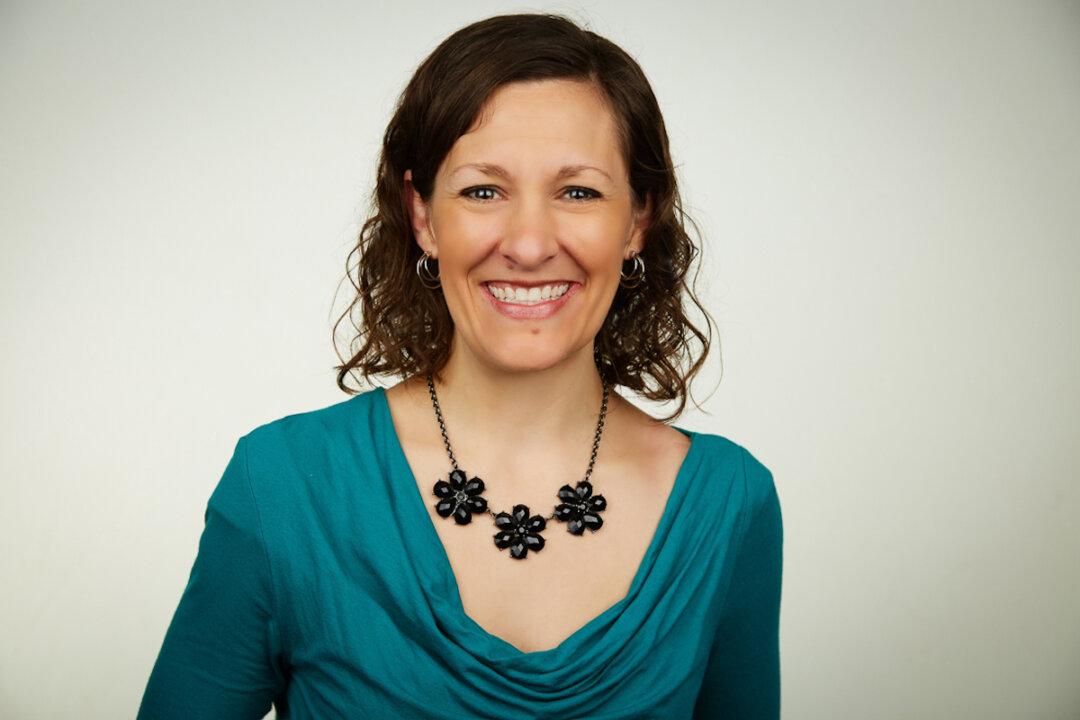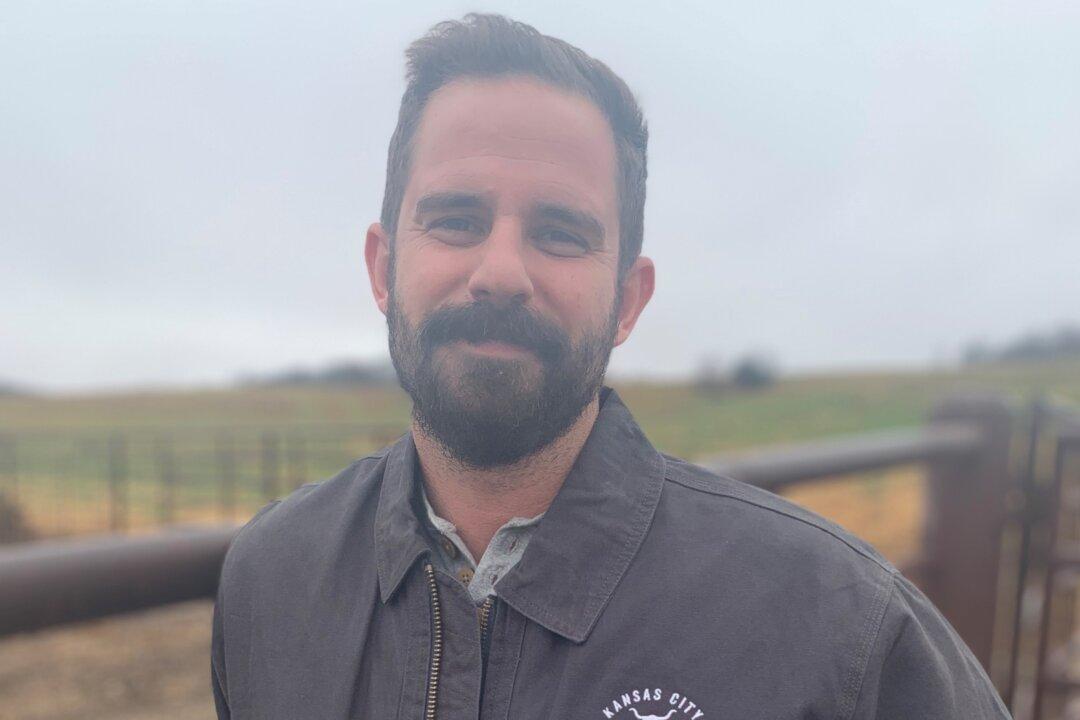Katie Kimball is a mother on a mission to help parents teach their kids how to cook.
Based in Grand Rapids, Michigan, Kimball is a former teacher and the mother of four children ages 5, 8, 11, and 14. She’s the founder of Kids Cook Real Food, an online cooking class for kids, and the voice behind Kitchen Stewardship, a family-focused healthy food and cooking blog. Over 8,500 families have taken her course.






